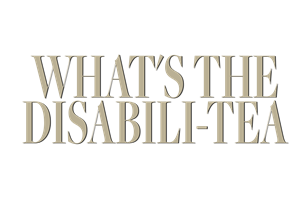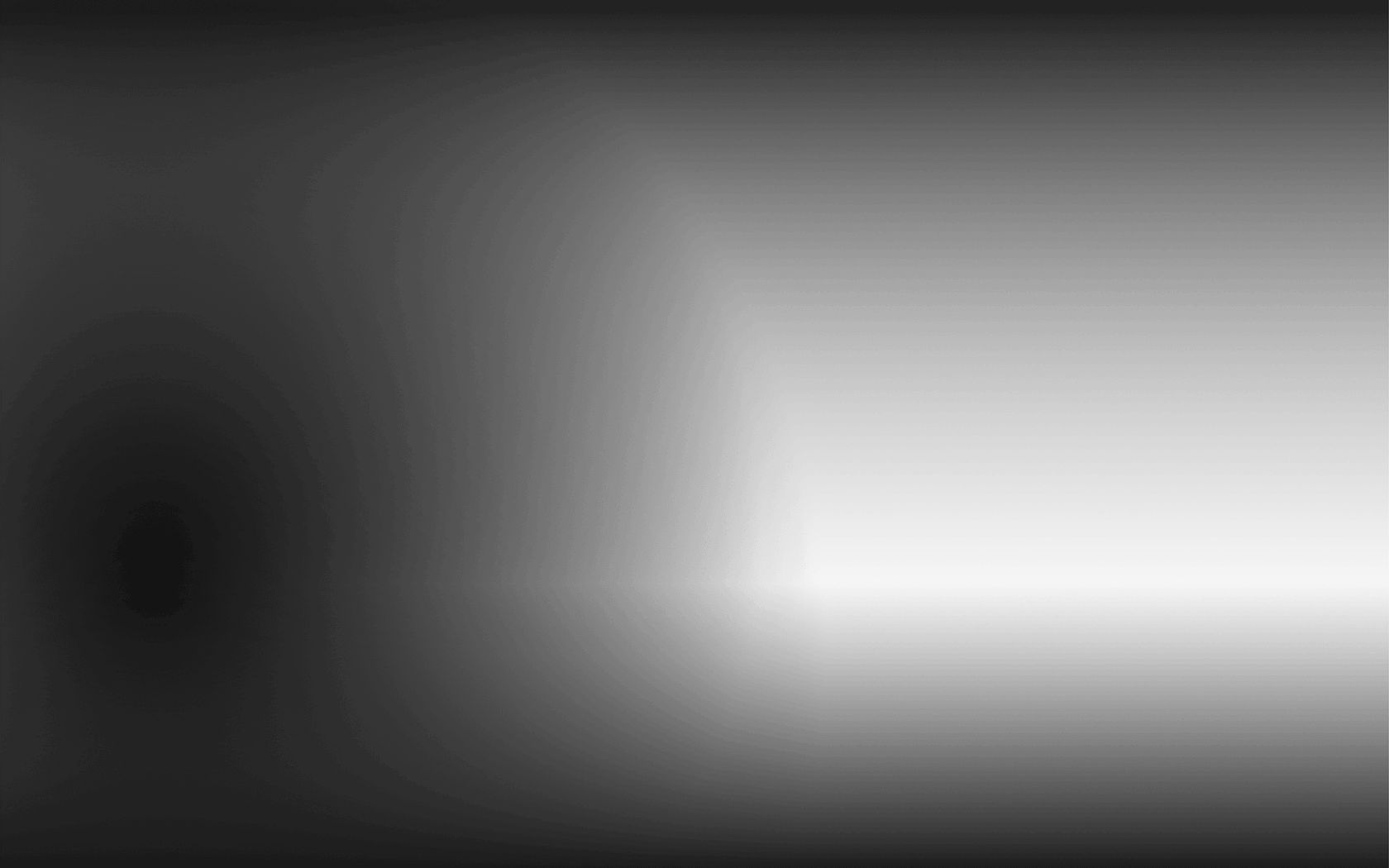
Queer pride never started as a celebration but as a protest for our rights and freedom and standing against the discrimination and hatred the community faced from society. And yet it seems like the non-disabled part of the queer community takes the spaces they hold today as the result of our queer ancestors’ work for granted. Remaining ignorant of the mountains of work our community still has to fight for to ensure equitable outcomes for all Queer people. Not just the celebrations of non-disabled, pākehā and middle-class Queers that dominate our spaces today. Disabled Queers have been so conveniently forgotten by them, with queer spaces becoming inaccessible to disabled Queers- were they ever really accessible to us?
Exclusion from queer spaces and celebrations of queer identities and pride seems to be a continuation for us. But this isolation resulting from inaccessibility and ableism does not erase disabled Queers in the way that the non-disabled of society wish it would. Despite all the stairs that line the doorways of queer bars and clubs, the lighting and overwhelming sensory information can trigger seizures and meltdowns and events that lack translators. Disabled Queers and the pride they carry with their identities are not so quickly left behind.
My pride for being disabled and queer means holding the love and joy both identities bring me close to my heart. Knowing that to be a part of both identities means to defiantly take a stand against the rigid social constructs of what is socially acceptable for a person to be.
To unapologetically be me as I move throughout the world, unapologetically disabled and unapologetically Queer. And so, my heart hurts when my queer disabled body is excluded by a community built on inclusion and acceptance. Yet there are so many similarities between both identities.
Queerness defies the social roles we grew up expecting to fill, those of heterosexual cisgender relationships that fit within the confines of the capitalist, nuclear family construct and are palatable to the rest of society. Disability defies the exact societal expectations that queerness does. Being disabled means, whether willing or not, that you are a body standing and surviving against a world whose purpose has been to isolate you from the rest of society through inaccessibility. Disabled bodies are not equal to non-disabled ones. Our mobility aids and access needs are seen as ugly, abnormal and hard to understand by non-disabled society.
Yet the Queer community and its spaces have not been immune to ableist attitudes and ignorance regarding disabled Queer struggles for freedom, dignity and access. The depth of the queer community’s ableist attitudes towards disabled people and their safety has become more and more apparent to me through the Covid-19 pandemic. I’ve noticed that so many Queer events and the spaces they are held in offer little to no covid protection or precautions like mask requirements, proper ventilation and hand sanitiser for participants, on top of the pre-existing physical inaccessibility already.
I don’t wish to pretend that the ableism and inaccessibility of Queer spaces and community events aren’t a problem because they are. With many disabled Queers having weakened immune systems or pre-existing conditions that make them high risk for complications, queer celebrations and events lacking covid precautions make them inherently inaccessible and ableist.
For me, my queerness and disabilities are so heavily intertwined into my identity that celebrating my queerness during pride month means celebrating my disabilities as well. After all, disabled pride month is directly after queer pride month.
My mobility aids are a part of my physical expression and identity and fundamentally make up who I am. But ableism and inaccessibility have been omnipresent for most of my life. After growing up, being encouraged to work through my body’s disabilities and not give in to them or meet my own access needs by using mobility aids is something I have had to spend years unlearning. My vital experiences of being queer and disabled and unlearning this internalised ableism have been through the duration of this pandemic in the last three years.
The Queer Community and Disabled Community both share struggles in the fight for rights to be recognised, for our freedom and autonomy. Naturally, I hold a lot of strong opinions about accessibility within the community and especially how Covid-19 precautions are a part of making the queer community safe and accessible to disabled Queers. And yet so many queer spaces are inaccessible, isolating and excluding disabled Queers from accessing their community. Queer spaces need to have accessible entrances, lifts, disabled bathrooms and parking, braille and sign language interpreters at events and mask requirements (to name a few). How can Queer disabled people access their community that has deliberately not thought about their inclusion?
And yet, to me, pride is all about visibility and access. Disabled people deserve to be visible and access queer spaces just as non-disabled Queers do.
But pride is also about protest, and too often, disabled Queers are not always able to attend queer pride and celebrate their queerness. Too often, we are sidelined and forced to protest against our community that would rather us watch through the windows than build a ramp for us to enter the same space.
So have pride! but don't forget the work we still have to do
Proudly brought to you by All is for All



